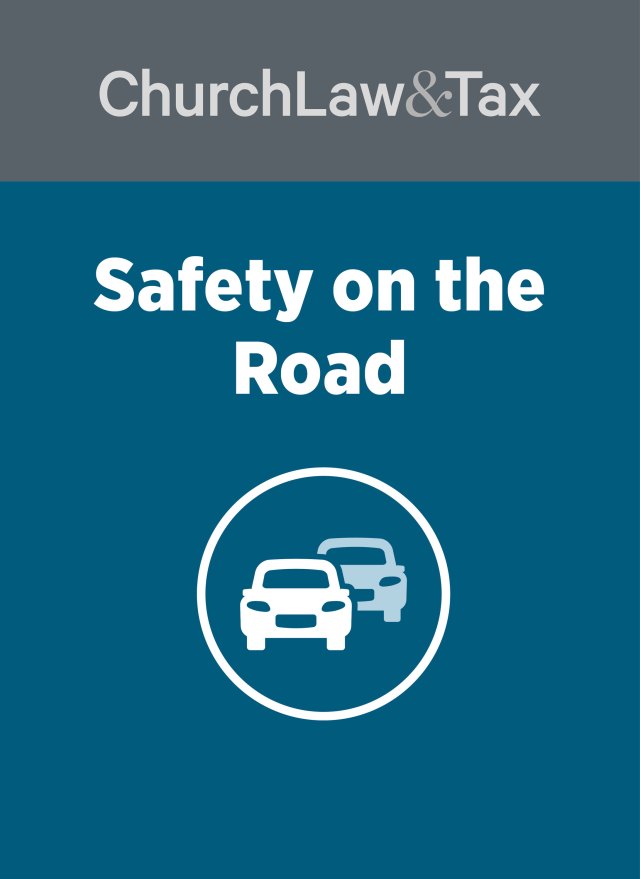Aldea v. Commissioner, T.C. Memo. 2000-136 (2000)
Background. A taxpayer claimed a deduction for the business use of her car in the amount of $4,300, which she computed by multiplying the standard mileage rate times the number of miles she drove her car for business during the year. The IRS denied any deduction because of a lack of substantiation, and the taxpayer appealed.
The Tax Court's ruling. The court began its opinion by noting that the tax code imposes "stringent substantiation requirements for claimed deductions relating to the use of a [car]." The information that must be substantiated to claim a deduction for the business use of a car includes the following:
(1) The amount of the expenditure; (2) the mileage for each business use of the automobile and the total mileage for all use of the automobile during the taxable period; (3) the date of the business use; and (4) the business purpose of the use of the automobile.
The taxpayer testified that she carried a calendar with her in her car and filled it out each day, recording any business activity she conducted. She further testified that she carried a "business miles log" on all of her business trips and made notes about these trips shortly after completing each trip. The court conceded that the entries in the log and the notations on the calendar generally indicated the miles that were driven for business purposes. However, the court concluded that the taxpayer had failed to meet the substantiation requirements quoted above, and it agreed with the IRS that she was not entitled to a deduction. It noted that she "had not substantiated all the required elements of her automobile use, her records are not reliable, and her testimony lacks credibility."
The court observed:
Although [the taxpayer's] records purport to provide the dates of business use of her automobile, miles driven for each business use, and evidence of business purpose, she has not provided the total mileage for all use of her automobile during the year. Thus, she has not substantiated all the elements required by the regulations … When questioned about the pristine condition of the log and the fact that all entries in the log appear to have been made with the same pen, the taxpayer explained that she carried the log in a case with a pen.
We also question the reliability of the information recorded in the taxpayer's records. Despite her testimony, we find it unlikely that the records were made contemporaneously with the activities recorded given the condition of the mileage log, the appearance of the entries in the log, and the mistakes in the log.
What this means for churches
Consider the following points:
1. Unreimbursed staff expenses. Does your church have any staff members who use their car for church business and are not reimbursed for their expenses by the church? Or, does your church reimburse business expenses only up to a certain amount each year, or at a mileage rate less than the IRS-approved rate (currently 32.5 cents per mile)? In any of these situations, your staff members will have unreimbursed business expenses. You may want to share this issue of Church Treasurer Alert with such persons so that they are aware of the substantiation requirements that apply to a deduction for the business use of their car.
2. Are sloppy records required? It is hard to believe that the court rejected the reliability of the taxpayer's trip log because it was too neat and appeared to have been written with the same pen. To the court, this evidence suggested that the log had been hastily put together long after the alleged trips and only after the taxpayer was audited. But the taxpayer's explanation was just as convincing—she carried the log in a case in her car that contained a pen! In any event, church treasurers should note that the court rejected the reliability of the taxpayer's records because (1) they were in "pristine condition"; (2) all entries had been made with the same pen; and (3) the log contained several discrepancies (for example, listing a business trip on the wrong date).
Key point. The court's skepticism about the reliability of the taxpayer's records may seem unreasonable, but it illustrates the importance of the court's observation that "stringent substantiation requirements" apply to any deduction for the business use of a car. This is a point that church treasurers should note well. When it comes to deciding whether or not staff members have substantiated the business use of a car sufficiently to be reimbursed under an accountable plan, church treasurers should understand that the requirements are both real and strict.
Key point. The court's analysis of the "reliability" of the taxpayer's records will be relevant to church treasurers in evaluating the adequacy of records submitted by church staff to substantiate a reimbursement of their business expenses by the church under an accountable plan.

